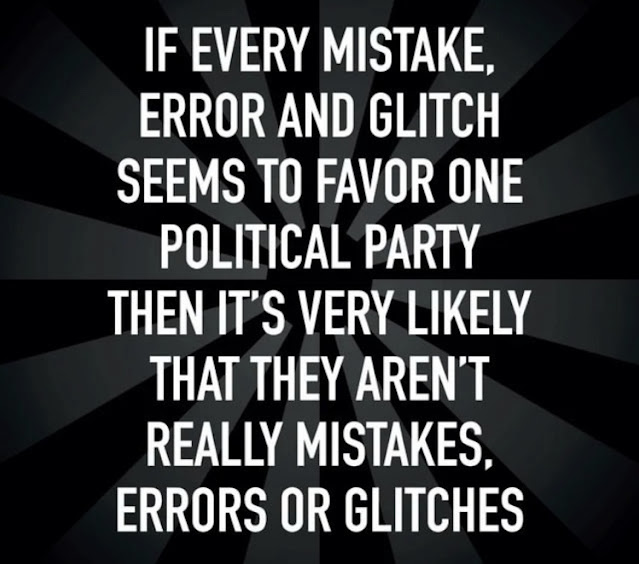Pope Benedict XVI, previously known as Joseph Cardinal Ratzinger, has died at the age of 95. As with Barbara Walters, this was primarily due to old age.
I had a contentious relationship with Ratzinger when I was in grad school at The Catholic University of America. Before he became pope, Ratzinger was head of the Congregation for the Doctrine of the Faith (the CDF), which in the very old days used to be called the Inquisition. Yes, that Inquisition. Obviously, things have changed since those long-ago times as there's a lot less torture now (ha ha), but the CDF is nothing if not a body wholly dedicated to the preservation and purity of Church dogma. In 2000, under then-Cardinal Ratzinger, the CDF promulgated the document known as Dominus Iesus, a conservative affirmation of church dogma that sought to render unambiguous certain ambiguities that had persisted since the Second Vatican Council of 1962-65. Dominus Iesus was approved by then-Pope John Paul II, who had to walk the fine line between spiritual liberalism and conservatism. As an off-the-scale religious liberal interested in religious pluralism, I found Dominus Iesus offensive and disappointing, but as I watched Ratzinger become pope and have to deal with things like Muslim encroachment, my attitude toward him may have softened a little bit. Islam continues to make gains in much of the world while Catholicism arguably continues to lose ground, so Ratzinger/Benedict probably saw himself as one of the last preservers of the faith.
Of course, with the current woke pope in the Holy See, all of that has come to ashes. Don't get me wrong: if the Church were to radically liberalize its stance on gay marriage and female priests, for example, I'd be delighted. But under the current Pope Francis, what you have is liberalism gone wild—or maybe it's better characterized as out-and-out leftism. Francis embraces all manner of enviro-wackery and is an obvious Latin socialist. I can't imagine him doing what John Paul II did in standing with Reagan, Thatcher, and Walesa against Soviet oppression. Meanwhile, Ratzinger's words and deeds during these decades echo forwards and backwards in time. Benedict XVI was, without a doubt, a theologically significant pope who will likely be remembered for his writings and for his unapologetic defense of Church dogma. He was far more conservative than the likes of Karl Rahner (theological liberal and coiner of the phrase anonymous Christian), but to the extent that any organism requires a balance between the static and the dynamic, Benedict was a prominent bulwark of the Church, part of the static force that lends the Church its integrity and, hence, its durability.
Much of my time in grad school amounted to running up against religiously conservative arguments that challenged my liberal beliefs. I've come to respect a lot of those arguments, and I definitely see how such discourse has its analogues in today's political discussions. Despite all that, though, I am still basically a religious liberal. I can respect the edifice of the Catholic Church; God knows I've lived and studied it from the inside for years. But I was raised Protestant, and these days, I'm not particularly churchy at all. So I can respect a person like Pope Benedict XVI, but at a distance.
ADDENDUM: Dr. V shares his thoughts on Benedict. He's not as polite as I am about Francis. I wouldn't expect him to be.








































